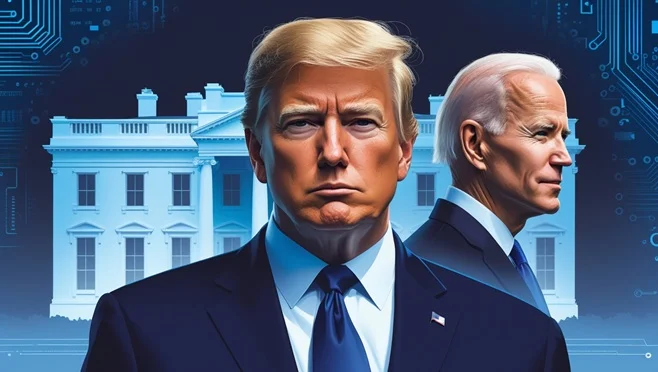Tighter U.S. restrictions on exporting advanced AI chips to China are impacting American chipmakers and tech giants, limiting their reach in one of the largest semiconductor markets. Nvidia, a leader in AI chip development, is among the worst affected after previous restrictions already curtailed its ability to sell high-performance processors in China.
In the final days of Joe Biden’s administration, new regulations were introduced to further tighten AI chip exports, aiming to keep cutting-edge computing power within the U.S. while restricting China’s access.
However, Microsoft has warned that these measures could backfire, pushing China to accelerate its own AI development and leading allies to turn to Chinese alternatives due to a limited supply of American technology.
Microsoft stated that if the restrictions remain unchanged, China could gain a strategic advantage in AI, similar to its rapid rise in 5G technology a decade ago.
While Chinese companies like Huawei have struggled to match Nvidia in developing high-end AI chips, emerging firms such as DeepSeek are gaining traction with cost-effective AI models, potentially filling the gap left by U.S. restrictions. Microsoft argues that these new rules could inadvertently fuel China’s AI expansion rather than contain it.
The Biden administration’s AI chip curbs, introduced in January, are seen by Microsoft as a major setback for U.S. tech leadership, effectively benefiting China’s growing AI industry. According to a report by The Wall Street Journal, Trump administration officials are considering revising the restrictions while also simplifying export-control policies.
The White House has yet to respond to these concerns. As global competition for AI supremacy intensifies, the impact of these restrictions on both U.S. and Chinese tech sectors remains a key issue.













